North Carolina Governor Pat McCrory was in Chapel Hill on Wednesday pitching the $2 billion bond proposal that will be on the March primary ballots across North Carolina.
A crowd that included Chapel Hill Mayor Pam Hemminger, Durham Mayor Bill Bell, members of the North Carolina General Assembly and local county commissioners gathered at the Center for School Leadership Development next to the Friday Center on Wednesday as McCrory continued to tout the upcoming bond proposal.
McCrory said the bond is important for North Carolina’s future as the state continues to grow.
“Do we prepare for it, or do we react to it,” McCrory asked. “And I’m convinced you have to prepare. Those people who react, lose.”
North Carolina passed 10 million residents in late 2015 and is now the ninth most populous state in the nation.
UNC Chancellor Carol Folt called this bond proposal a “partnership” between state leadership in Raleigh, community colleges and universities in the state and North Carolinians. Folt said this bond is badly needed to fund projects that will make a positive impact, pointing out that it has been 15 years since the last statewide bond.
“Probably everyone remembers it, but North Carolina passed the largest capital bond issued for higher education in the history of the United States,” Folt said. “And that was the last bond. That was the largest one in the country.
“I didn’t live here. I knew all about it. This made waves everywhere. It was of immense consequence. Other states, they were all looking at this.”
Folt said that bond 15 years ago improved the entire higher education system in North Carolina and, in turn, the state as a whole.
McCrory said there were three strategies behind the bond: to keep up with population growth, to restore a crumbling infrastructure and to borrow while interest rates remain historically low.
McCrory continues to call the proposal a “sound financial model” as he says the multibillion-dollar proposal will not require a tax increase.
“Because we have not had a bond in 15 years, and those bonds are now being paid off,” McCrory said.
He added, “The debt from bonds will be less in five years than it is today, with the approval of this $2 billion in bonds.”
McCrory said that there was even room to borrow more money. At a UNC Board of Trustees meeting in November House Representative Dean Arp told the board the bond did not include more funding because lawmakers did not want to risk the bond not getting the approval of North Carolina voters.
The bond proposal covers wide-ranging issues, including the 17-campus university system, community colleges, parks and infrastructure.
At UNC, the bond money will be used to provide a new facility for the School of Medicine.
McCrory said he is proud of the bipartisan support the bond proposal has received.
Some have questioned whether the bond package is politically motivated during an election cycle that is expected to see a tight race for Governor between McCrory seeking a second term and a Democratic challenger, very likely to be Attorney General Roy Cooper. Other groups are urging voters to vote against the bond and to fund the projects on a pay-as-you-go plan rather than taking on debt.
North Carolinians will decide on whether to approve the $2 billion bond package during the March primary.
Get more information on the Connect NC Bond and the projects that would be funded.

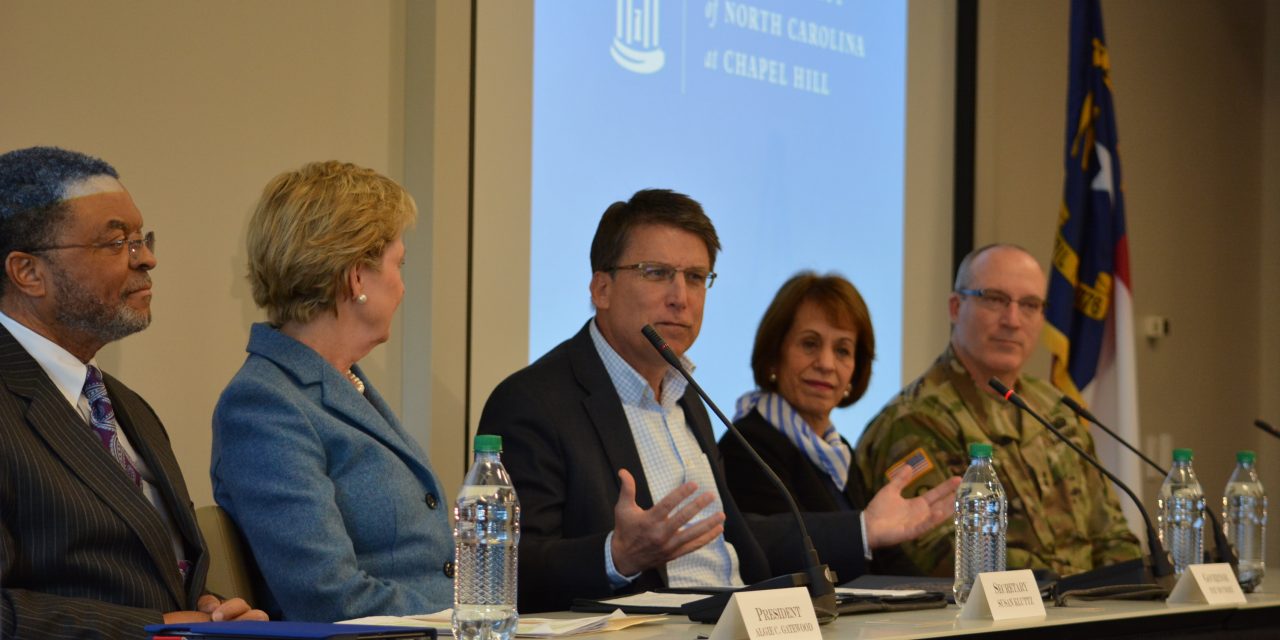


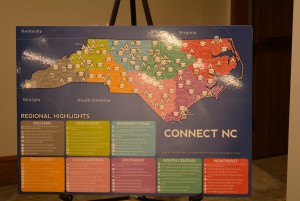
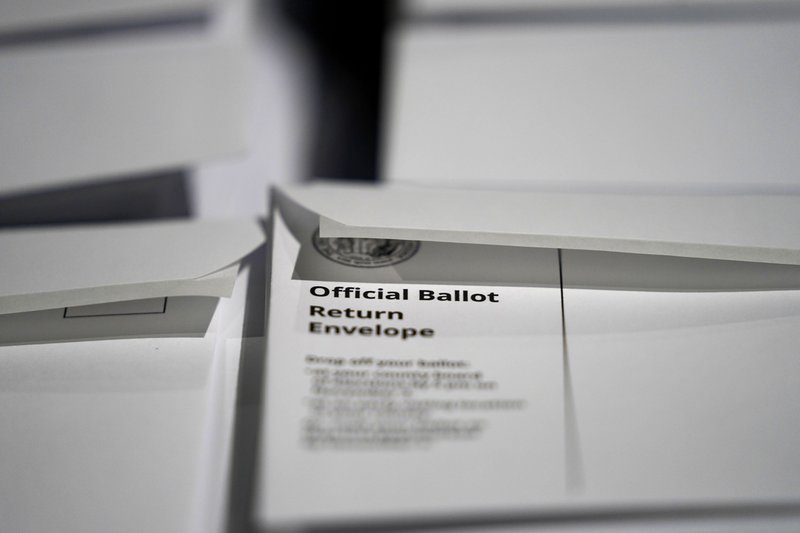
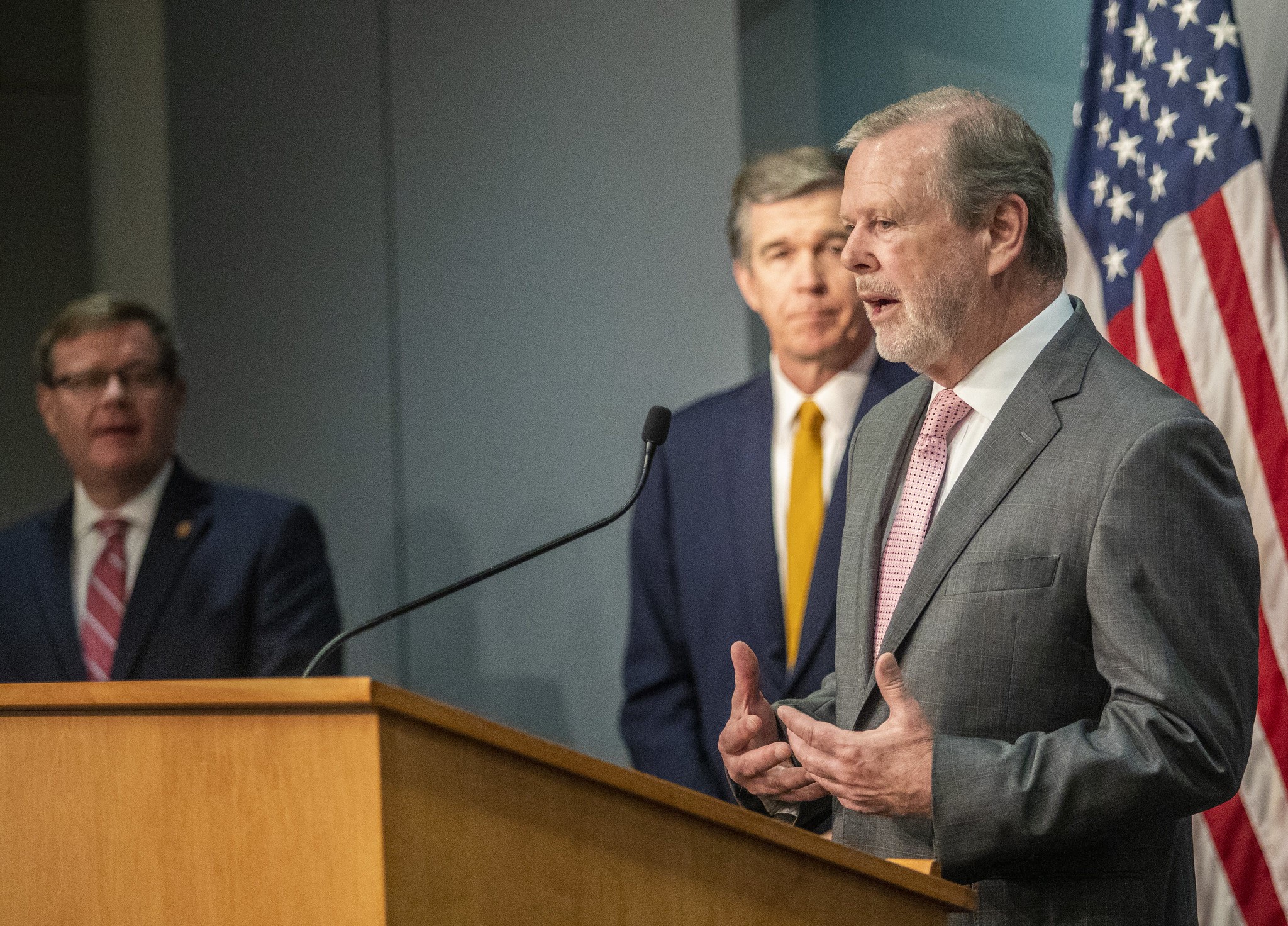
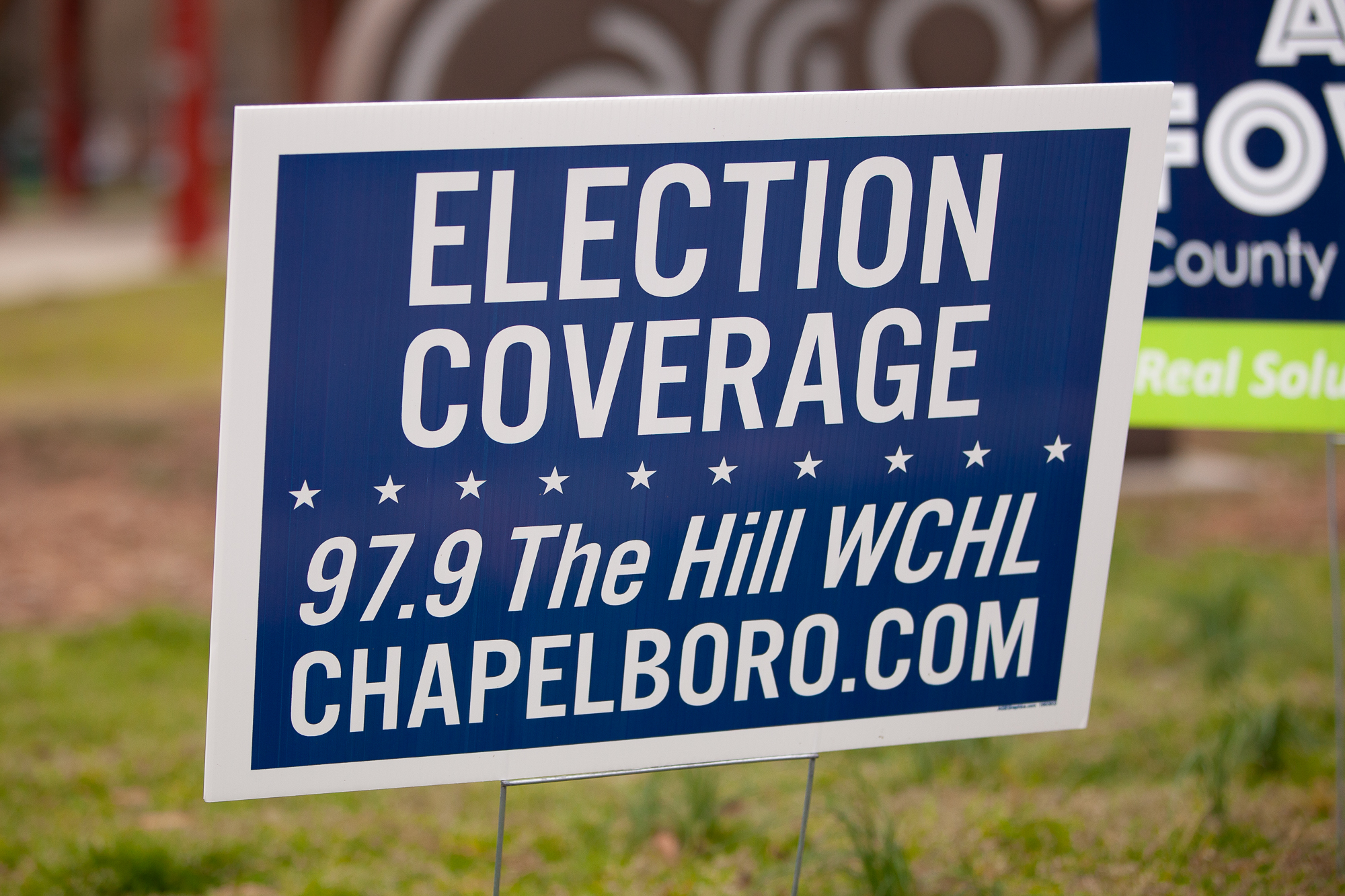
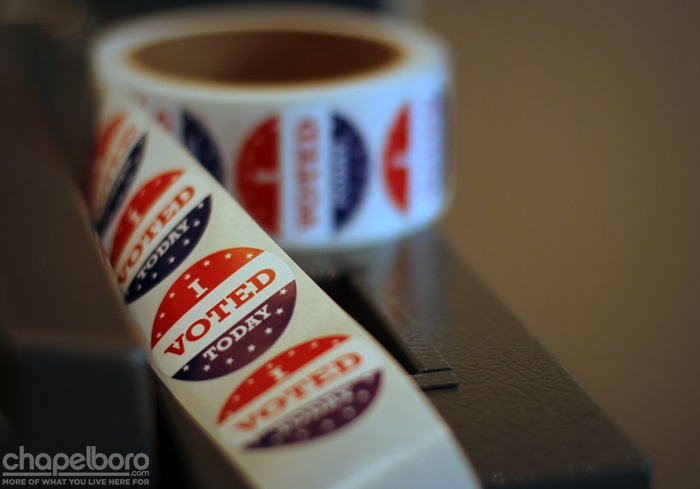

Comments on Chapelboro are moderated according to our Community Guidelines